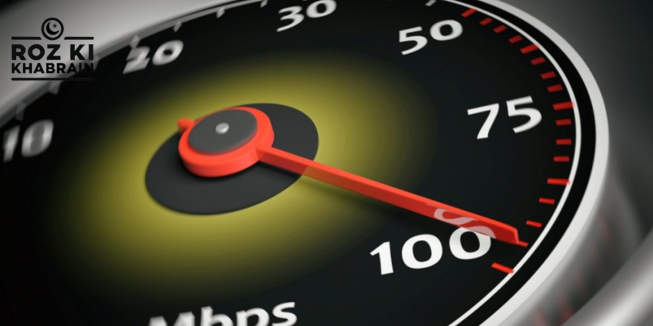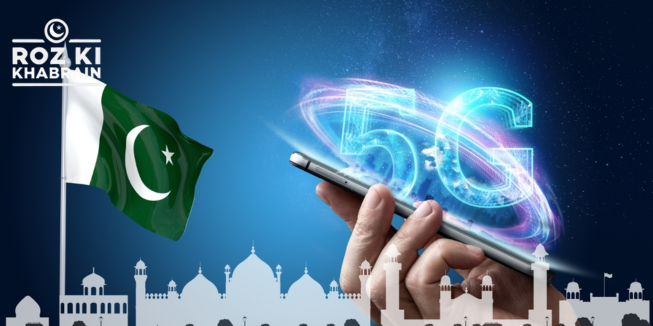Shaza Fatima, the State Minister for Information Technology, has recognized the ongoing issue of slow internet speeds in Pakistan, addressing concerns about the country’s connectivity challenges.
Speaking at the National Broadband Network Forum in Islamabad, Fatima assured that the situation would improve with the implementation of the Fiberisation Policy and the rollout of 5G technology. She confirmed that the auction for the 5G spectrum would take place in April, alongside efforts to upgrade the existing 4G infrastructure.
The minister also pointed out Pakistan’s cybersecurity challenges, noting the country faces daily cyberattacks. She emphasized the government’s commitment to cybersecurity and data protection, highlighting these as critical priorities.
Fatima revealed that the Prime Minister has established a National Digital Commission, which will present a five-year roadmap for Pakistan’s digital development. Additionally, the Digital Pakistan Bill will be introduced in the National Assembly today, with hopes for its swift approval. If passed, the bill will facilitate the creation of the National Digital Commission.
Fatima added that the Prime Minister will lead the commission, and she expressed optimism about receiving support for the Digital Pakistan Bill from the opposition. Under the commission’s guidance, a Digital Authority will be formed, which is expected to significantly improve internet speeds in the near future.
Pakistan Ranked Among the Slowest for Internet Speeds
Pakistan continues to struggle with slow internet speeds, landing in the bottom 12% globally for both mobile and broadband speeds, according to Ookla’s Speedtest Global Index. As of October, the country ranked 100th out of 111 nations for mobile internet speeds and 141st out of 158 countries for broadband speeds.
For months, users across Pakistan have faced slow connections, including difficulty downloading media on WhatsApp and frequent connectivity issues. These disruptions have raised concerns, particularly as the country experiences frequent internet access interruptions and reports of restricted virtual private network (VPN) usage.
VPNs, used by many Pakistanis to access blocked websites such as X (formerly Twitter), are increasingly being restricted. According to the World Population Review, based on data from Ookla’s Speedtest Global Index and Cable, Pakistan’s average download speed is 7.85 MBPS, with a median mobile download speed of 19.59 MBPS and a median broadband speed of 15.52 MBPS.
As of May 2023, Pakistan was ranked among the slowest internet speeds globally, with reports indicating ongoing challenges in the digital landscape and concerns over human rights. In response to growing cybersecurity threats, the government confirmed in August that it is upgrading its web management system.
Despite these assurances, human rights organizations like Amnesty International have raised concerns, urging the Pakistani authorities to provide more transparency regarding the nationwide internet slowdown and the use of surveillance technologies.




